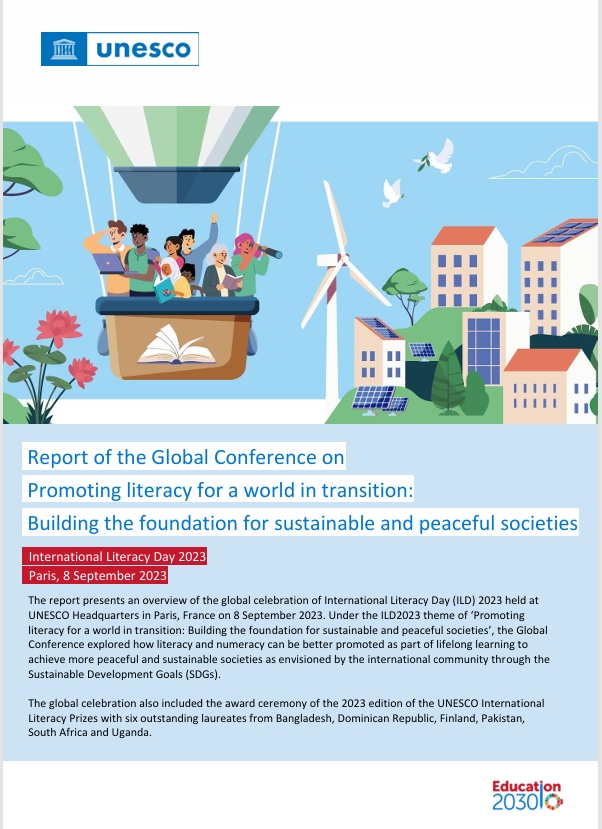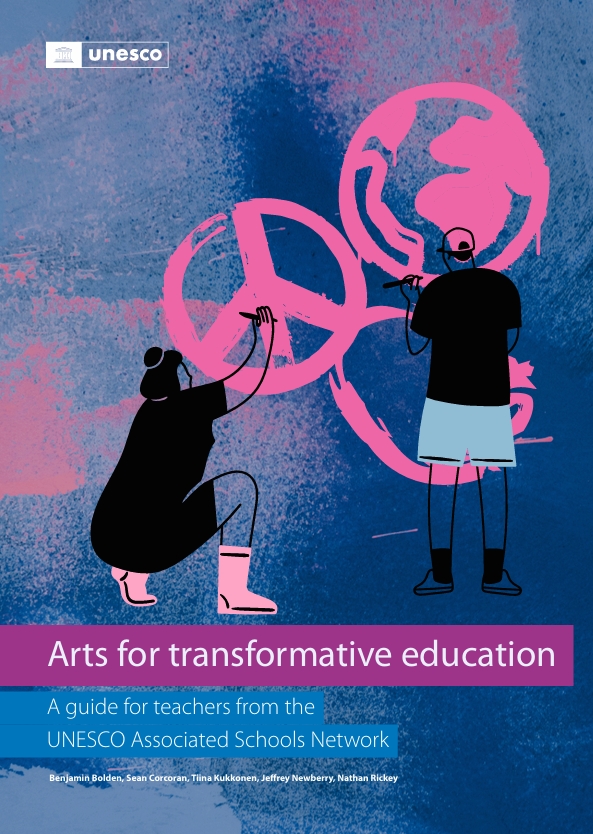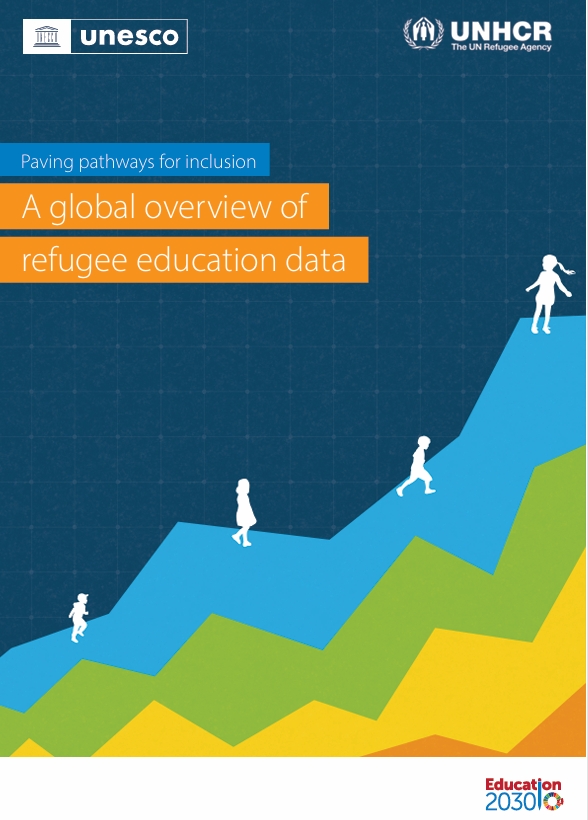Story Source: Forbes ~ Go to Original Article
Technology has the potential to decentralize K-12 education and make it more learner-directed, upending a top-down system in favor of individual autonomy and self-determination. But the technology can’t do this alone. It requires a learning environment that fosters creativity and curiosity, using digital platforms and supportive adults to facilitate exploration and discovery. The entrepreneurial educators at Prenda, an Arizona-based network of micro-schools, think they have uncovered the right mix of powerful technology and warm, nurturing learning spaces that could help to transform education.
Like many education innovations, Prenda began with a parent who was looking for something better for his child. A graduate of the Massachusetts Institute of Technology, Kelly Smith sold his software company in 2013 and moved back to his hometown of Mesa, Arizona where he began hosting weekly, after school computer coding clubs for his eight-year-old son and other children at the local public library. The enthusiasm for these clubs swelled, and before long Smith was supporting code clubs in libraries across the country, reaching over 10,000 children in 30 states. “The energy of these code clubs was astonishing,” Smith recalls……………...………………….……………………..






